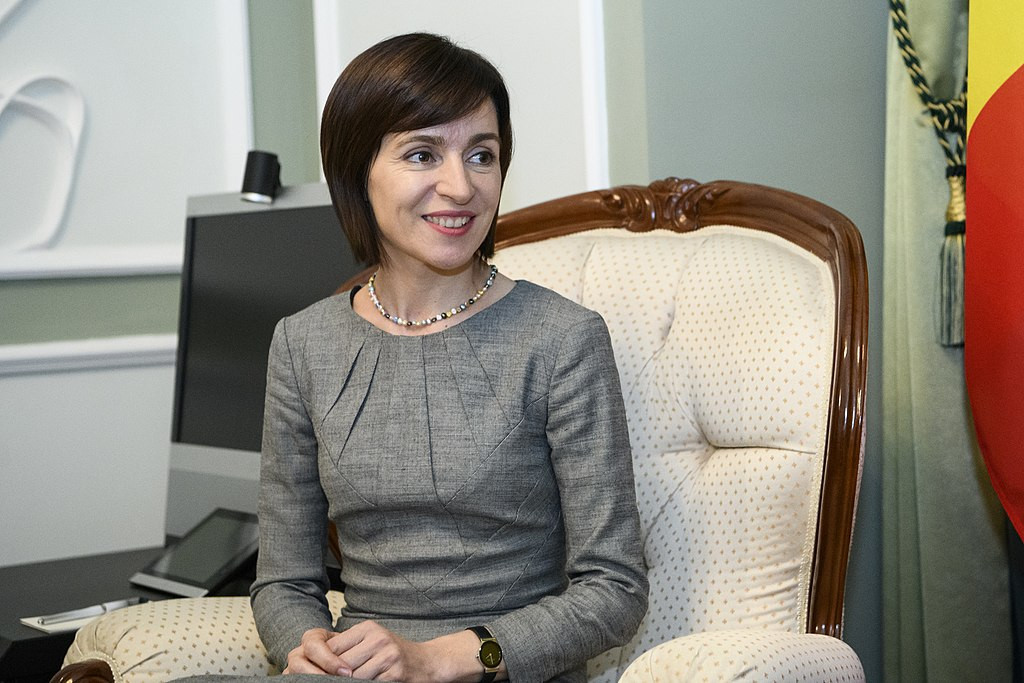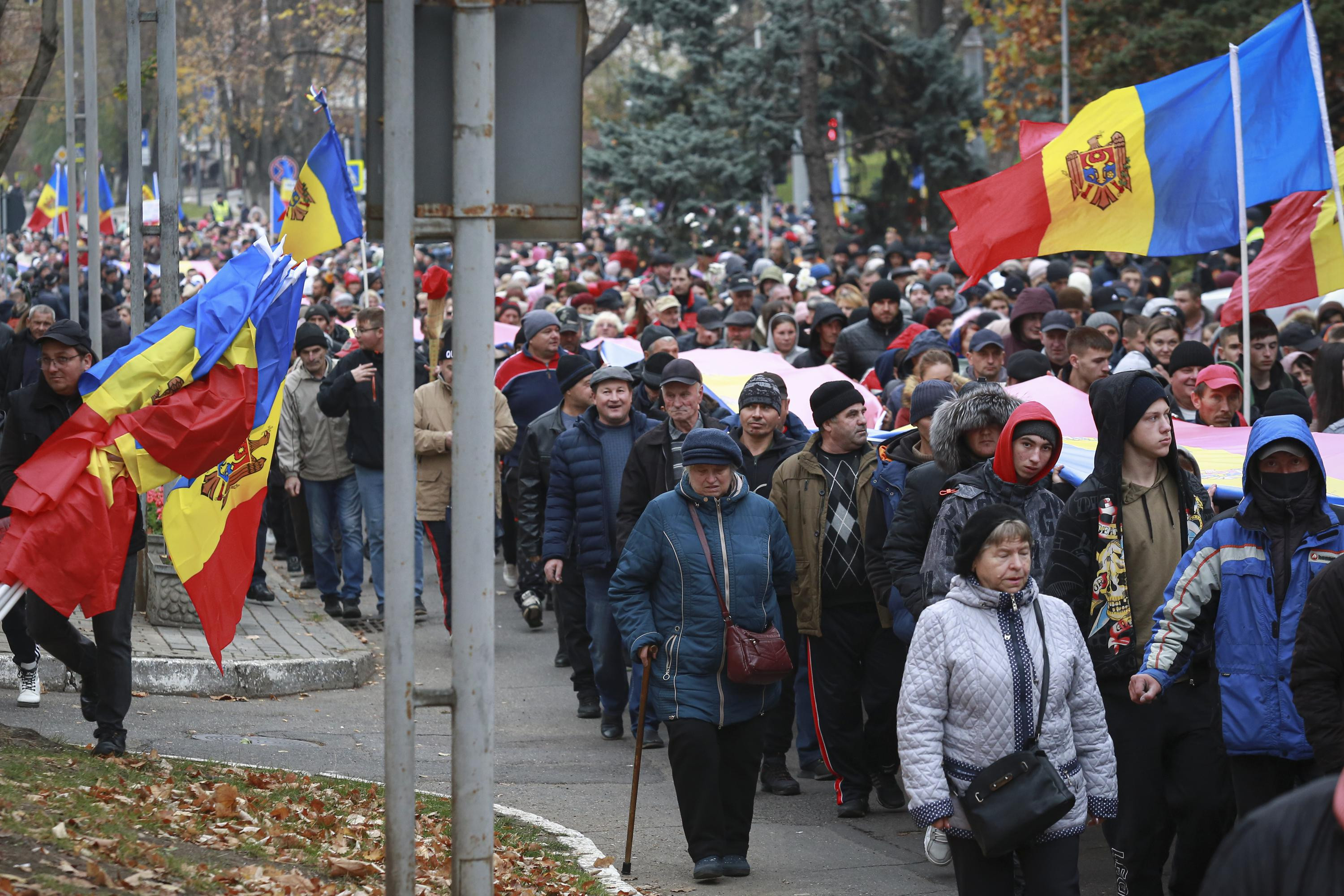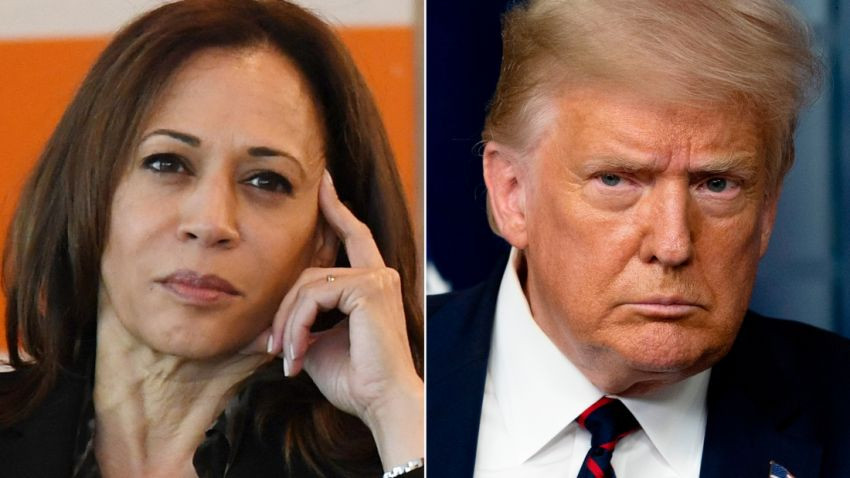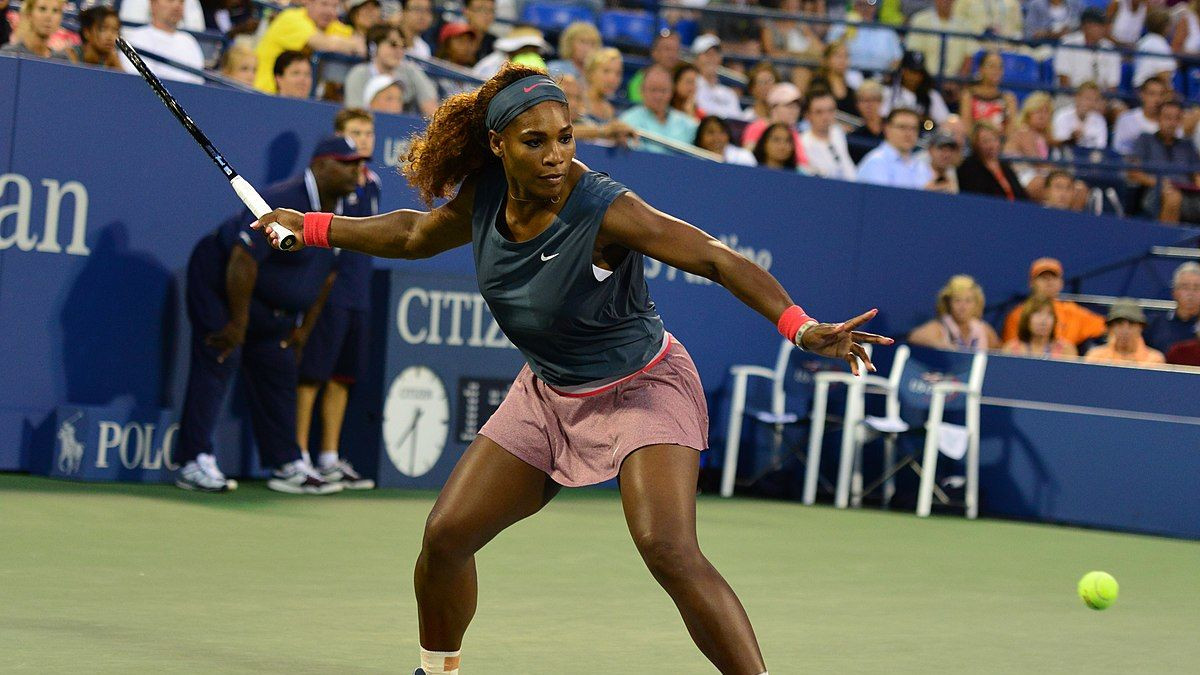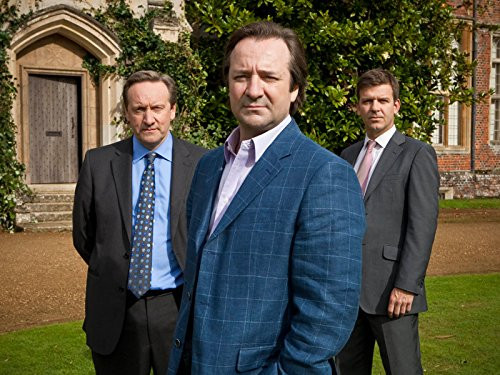Moldova's referendum on whether to change its constitution and commit to joining the EU is too close to call, with official results showing the Yes and No votes neck and neck. Official data put Yes on 50.08% and No on 49.92% on Monday morning, with over 98% of votes counted. The vote had been widely expected to pass in the country of 2.6 million, which borders Romania and Ukraine.
Maia Sandu, the incumbent pro-EU president, earlier denounced the narrow result as the product of foreign interference in Moldovan politics. She said it was an “unprecedented assault on democracy”, referring to widespread allegations that Russia paid people to vote a certain way, which Moscow denies. She accused “criminal groups” of working together with “foreign forces” of using money, lies, and propaganda to sway the vote. Sandu also said her government had “clear evidence” that 300,000 votes were bought, which she called “a fraud of unprecedented scale”. The Kremlin has staunchly denied being involved in claims of vote-buying.
As well as the referendum on changing the constitution, Moldovans also voted in the country's presidential election on Sunday. The votes were seen as key tests for the country, which is facing a choice between pushing on with EU membership or keeping close ties to Russia.
Sandu topped the election first round but by a much lower margin than expected - 41% of the vote - and so will now face a difficult second round in early November in which her opponents will likely unite against her. Because she failed to clinch more than half of the vote, Sandu and the second frontrunner, Aleksandr Stoianoglo, who is supported by the pro-Russian Party of Socialists, will go to a run-off on 3 November. Stoianoglo won 27%, a result that was considerably higher than expected. Populist Renato Usatii came third, followed by the former governor of Gagauzia Irina Vlah. If the other candidates throw their support behind Stoianoglo ahead of the second round, Sandu could run the real risk of not being re-elected.
Moldova is currently in talks with the EU on becoming a member. These accession talks will continue despite Sunday’s outcome, as the referendum was not legally binding. The vote, however, was supposed to make the process irreversible. Instead, it feels a little shakier now.
At Sandu's election headquarters on Sunday evening, the mood was extremely subdued, with one of her advisers describing the result so far as “not what we expected”. Sandu, who has cultivated close ties with Moldova’s EU neighbours, had campaigned for the Yes vote in the referendum. She had previously said the vote was would set up the future of Moldova for “many decades ahead”.
When the first results began trickling in showing that the No vote had done better than expected, Sandu’s team put the disappointing results down to the first count coming in from villages and rural areas. The big city count narrowed the lead for the No vote, but by 01:00 (22:00 GMT) few thought the Yes camp could still stand a chance. Many of Sandu’s supporters left her headquarters in Chisinau where they had been hoping to celebrate her victory before the count was even over. The little EU flags they’d been given to wave have been abandoned, on chairs or strewn on the ground.
An adviser to Sandu suggested that “it looked like whatever they had planned, might have worked,” referring to allegations of vote-buying, linked to Russia. Voter turnout stood at more than 51% when polls closed at 21:00 local time (18:00 GMT), making the referendum valid. As the night went on, the gap narrowed even further.
Several presidential candidates boycotted the referendum. Aleksandr Stoianoglo said he did not support the idea of changing the constitution - although he added he was a supporter of his country's “European aspirations”. However, many young people queuing at polling stations on Sunday were vocal about their support for Moldova’s future as an EU member state, with some saying they were voting because they wanted to choose a European future for their country – for the sake of the economy and for more opportunities. Some said they were fed up of being “pulled” towards Moscow, decades after the Soviet Union collapsed and Moldova became independent. “We have to choose a European future for our country, for our children, our future – for geopolitics, for peace, that’s the most important,” a voter called Oksana told the BBC. “Because we are between Europe and Russian influence, and we have to choose what we want.”
Evidence of Vote-Buying
At a polling station for residents of the breakaway Moldovan region of Transnistria - which is economically, politically and militarily supported by Russia - the BBC stumbled upon evidence of vote-buying. A BBC producer heard a woman who had just dropped her ballot in the transparent box ask an election monitor where she would get paid. Outside, we asked directly whether she had been offered cash to vote and she admitted it without qualms. She was angry that a man who had sent her to the polling station was no longer answering her calls. “He tricked me!” she said. She would not reply when asked who she had voted for.
Russian Interference Allegations
In September, Ilan Shor - the fugitive Moldovan businessman accused of funnelling large amounts of cash into the country from Russia - offered money to convince “as many people as possible” to vote No or to abstain in the EU referendum. This week, Shor then made a video statement telling people to vote for “anyone but Sandu” in the presidential election.
The allegations against Moscow included funding pro-Kremlin opposition groups, spreading disinformation, meddling in local elections and backing a major vote-buying scheme. In particular, officials accused the fugitive pro-Russian businessman Ilan Shor, a vocal opponent of EU membership, of running a destabilising campaign from Moscow. Earlier this month, the national police chief, Viorel Cernăuțanu, accused Shor and Moscow of establishing a complex “mafia-style” voter-buying scheme and bribing 130,000 Moldovans – almost 10% of normal voter turnout – to vote against the referendum and in favour of Russia-friendly candidates in what he called an “unprecedented, direct attack”.
A Tight Race and a Tense Future
The close results suggest the country is deeply divided on its future direction. Moldovans are grappling with the legacy of the Soviet Union and the pull of Russia's influence while also seeking a brighter future in the EU. The upcoming second round of the presidential election will be a crucial test for Sandu, who will need to convince voters that her pro-EU agenda is the best path for Moldova's future. Whether or not Moldova will join the EU remains to be seen, but the recent events underscore the growing influence of Russia and the challenges facing countries in the region as they navigate a complex geopolitical landscape.




